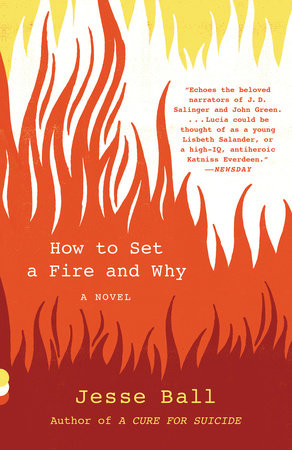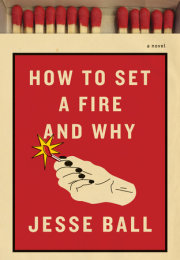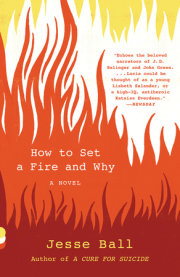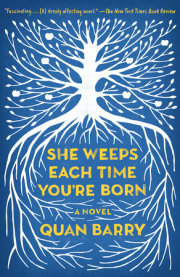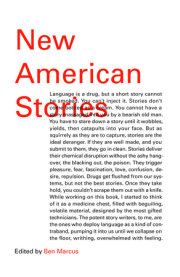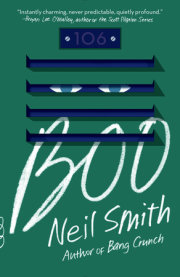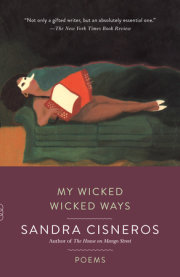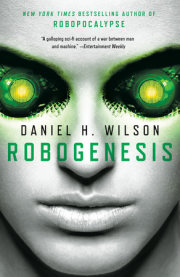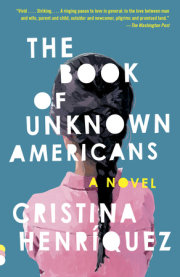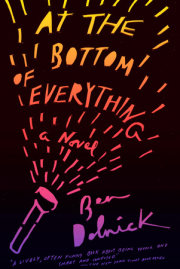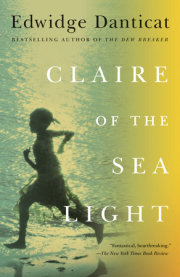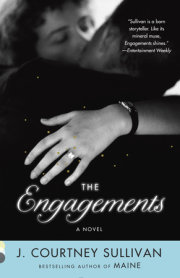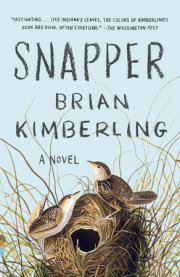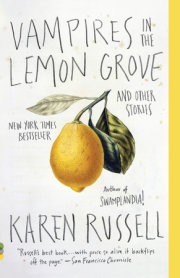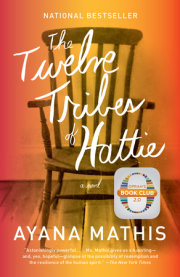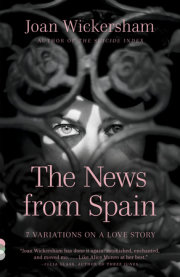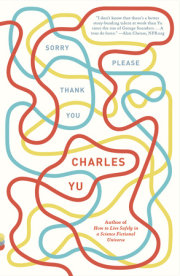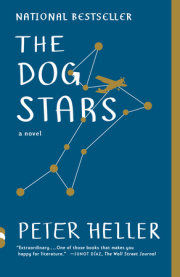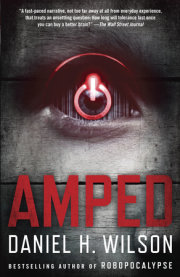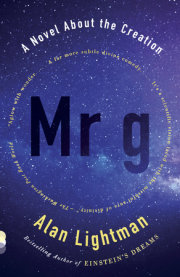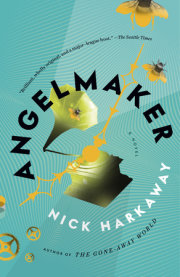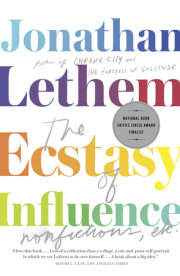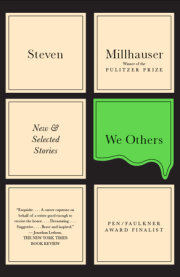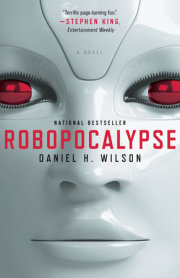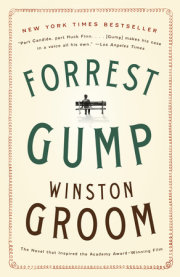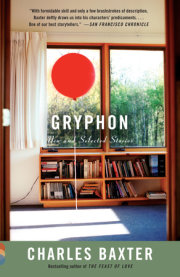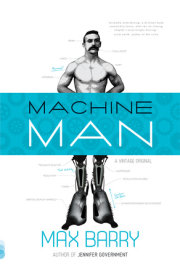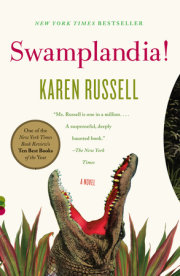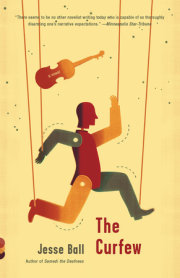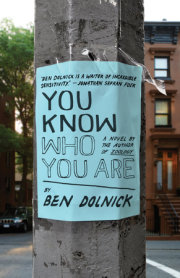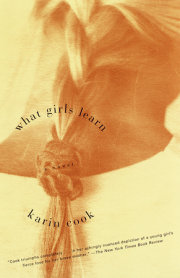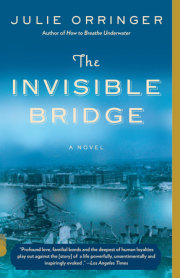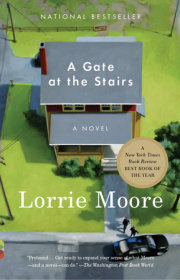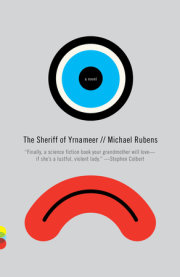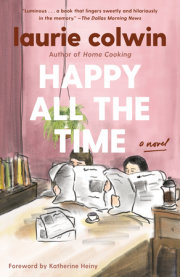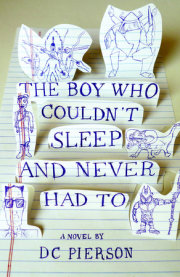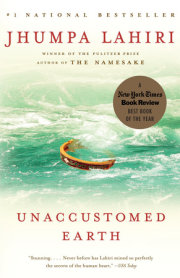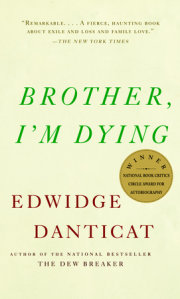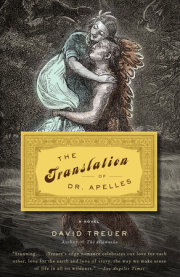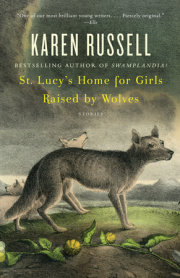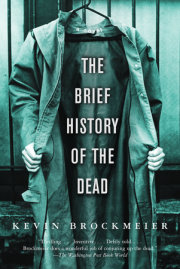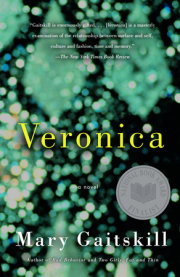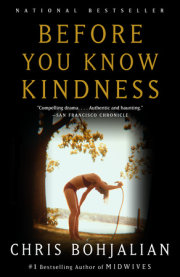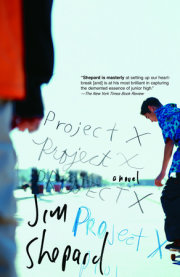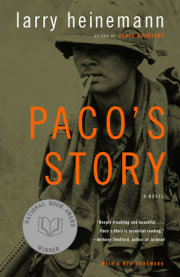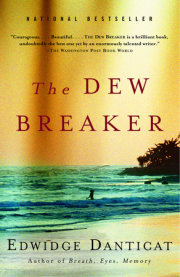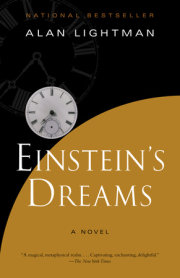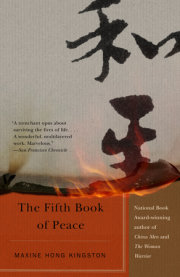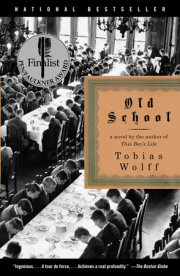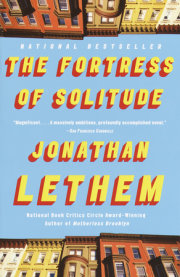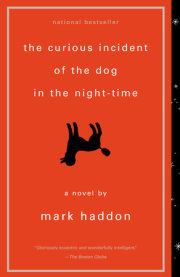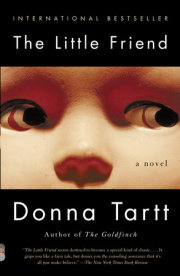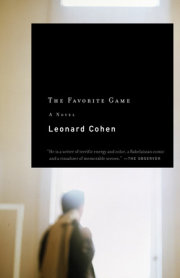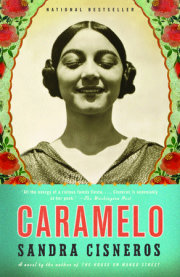Part One In Which I Introduce Myself 1 Some people hate cats. I don’t, I mean, I don’t personally hate cats, but I understand how a person could. I think everyone needs to have a cause, so for some people it is hating cats, and that’s fine. Each person needs to have his or her thing that they must do. Furthermore, they shouldn’t tell anyone else about it. They should keep it completely secret, as much as possible.
At my last school no one believed me about my dad’s lighter. I always keep it with me. It’s the only thing I have from him. And every time someone touches it there is less of him on it. His corpse is actually on it—I mean, not his death corpse, but his regular one, the body that falls off us all the time. It’s what I have left of him, and I treasure it.
So, I said, many times I said it, don’t touch this lighter or I will kill you. I think because I am a girl people thought I didn’t mean it.
Someone told me they read in a book that a scientist saw a chimpanzee using sign language on a tree. Apparently the chimpanzee had learned sign language, and then it decided to use the sign language—and it used it on a tree. The amazing thing is, the story ends there. They made the chimp use it with researchers and such—no sign language with trees. I am completely against this sort of thing, and not because I think trees talk or anything—don’t worry, I am very clear-sighted. But still, I bet—you let this chimp talk to the trees and a decade later, well, you don’t know what happens, but that’s the point.
What I mean is, I have my own plans, my own ideas. Being kicked out of my last school—it didn’t really affect them. I guess I don’t really care which school I go to. But, I am sorry that I only grazed his neck with the pencil. I thought I could do better than that.
It was a pretty ugly scene. They had me sitting there in the principal’s room, with my poor aunt next to me (I live with my aunt—dad = dead, mom in lunatic house) and across from us the principal, and Joe Schott, and his dad and mom. His dad owns a car dealership, which means that everyone respects him, though I don’t know why. For instance, the workers at the deli call him
boss even though he isn’t their boss. I’ve seen it happen.
Anyway, the secretary was there too, taking notes. The secretary is also the gym teacher, and I hate him, so, basically, apart from my aunt, a room full of enemies.
It wasn’t lost on me that the principal sat with the Schotts. They started it out in the worst way. The principal said to the secretary, are we ready to begin, and then it was, yes, I think so.
Schott senior said something like, Lucia, we are ready to forgive you, with this horrible expression on his face, and then Joe said, I won’t forgive the bitch. I’m going to miss at least two games, and then Schott senior put his hand on Joe’s shoulder and started to say something, but the principal cut him off—he said, hold on, let’s let her go first. Lucia, are you ready to begin? Do you have something to say?
That’s when I said, your little prince basketball hero shouldn’t have touched my lighter. Then I wouldn’t have put a pencil in his neck.
Well, they didn’t like that. Joe Schott is very admired in those parts, the town darling. There’s a burger named after him at the diner, and he even has his own house on his parents’ property—a “cottage” if you can believe it, which no sixteen-year-old guy should have. I know because a girl I was in study hall with went back there with him (he is good-looking). She is awful also, so I wish them well.
Lucia, if you are going to stay at this school, you must apologize to Joe and to his family.
I am sorry, I said, that I wasn’t clearer. Don’t touch my fucking zippo, Joe. Eventually, these people are all going to go away and you’ll be left alone. Do you understand?
My aunt squeezed my leg, so I didn’t say everything I wanted to.
She is really nice. I mean, my aunt is one of the kindest people in the world, I think. She must be. When we got back to the house, she said she was sorry that things had happened that way, with my dad dying, and with my mom going away, but that stabbing somebody wouldn’t fix it. She understood the sentiment, she did. Also, she didn’t care that I couldn’t go back to that school. She would find another school that would take me. The thing she was most glad about was: the police weren’t involved. Probably the school had wanted to avoid a scandal. But, a person only gets so many chances.
Copyright © 2016 by Jesse Ball. All rights reserved. No part of this excerpt may be reproduced or reprinted without permission in writing from the publisher.

